Let My People Grow
Shana Frankel feeds the Sandy Springs community that nurtured her.
Ma Rabu Farm sits on approximately one picturesque acre in Franklin, near the Alabama-Georgia border. It took me about an hour and a half on some backroads when I drove down from Atlanta in August to see how Shana Frankel’s first summer as a farmer was shaping up. Somewhere between Grantville and Corinth the radio signal broke down, hissing static until I settled on a Tricia Yearwood song.
I finally pulled off the dirt road and into a circular drive, past a small, wooden greenhouse where Frankel germinates her seeds, some sheep, ducks, and two donkeys named Emmylou (Harris) and Joni (Mitchell). There were lambs and chickens, too, but they’d been killed by predators. Of the lambs, only Willow and Aster were left, now inseparable. The chickens were taken, Frankel thinks, by a hawk that lives nearby. “He hangs out by the lawnmower and waits,” she said ominously.
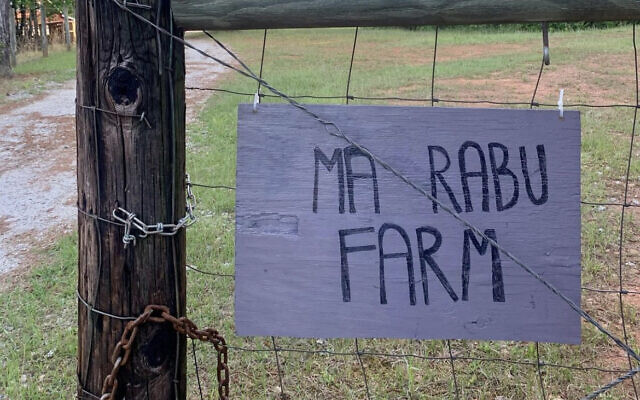
There was nothing growing here but weeds when the Yeshiva Atlanta (AJA) grad arrived last winter, fresh out of the social work program at the University of Michigan. Now, peppers, okra, zinnias, and a variety of squashes and cucumbers — long, prickly suyo twisted into strange shapes and small, round lemon cucumbers that we ate right off the vine — including loofah gourds (the sponge you use in the shower) were flourishing on a quarter-acre drip-irrigated plot in the fierce Georgia heat.
Her first solo farming season began in April, with kale, Swiss chard, lettuce, green onions, radishes, basil, dill, cilantro, green beans, peppers, eggplant, and tomatoes. Her flowers have been popular, and Frankel plans to put in nasturtiums next season. Right now, though, the future is one big question mark looming large on the horizon.
Though she’s had some help getting the operation off the ground, Frankel is a one-woman show, singlehandedly planting, cultivating, harvesting, and transporting her produce to farmer’s markets and the homes of customers in Atlanta who sign up to her Community-Supported Agriculture (CSA) box subscription program. Spare time doesn’t really exist when you’re the sole farmer, but when she’s not working or getting equipment fixed, Frankel forages in the nearby woods for wild additions to her boxes and ingredients for her apothecary line. She told me that she takes pride in introducing the families she feeds to products they might not readily have picked up on their own.
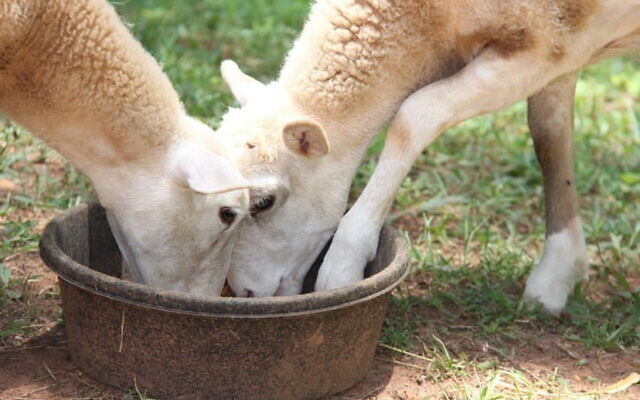
On the day I visited, we found two types of chanterelles and a variety of edible plants. By the lake, we spotted some common wild oats growing in a clump along the shore.
“I love these!” Frankel called out.
She credits her growing knowledge of the land with stimulating her physical health and general well-being. “Arguably one of the greatest blessings of getting into farming for me has been the introduction to using different types of plants, both foraged and cultivated, to help nourish my physical and mental health,” she said. “For example, every summer around late July in Georgia I know different spots where I gather ripe elderberry fruits, which I then take home and process into vegetable glycerin, and by the time winter rolls around, an infusion is ready for me to take every day to help boost my immune system. My love for making these types of things, as well as a love for making and drinking loose-leaf tea, has led me to also have a small business that I call the Ma Rabu Apothecary.”
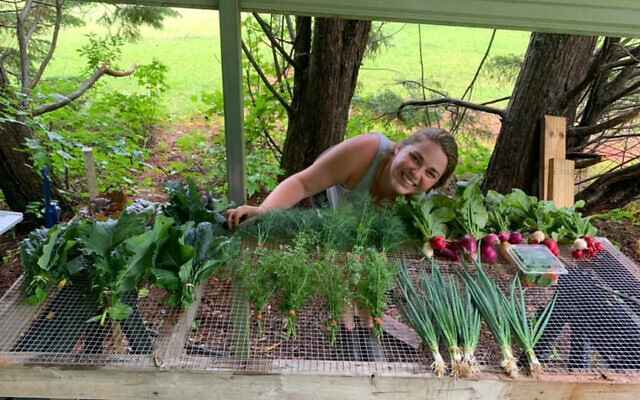
For Frankel, growing food is about nourishing both the body and the soul of the community. Growing up in the suburbs, though, she was far from the realities of rural farming life. The dream of one day having a productive plot of land had always been on her mind; but for a long time, Ma Rabu was just a note on her phone, inspired by the lines from Psalm 104 that are said as part of the morning prayers: “Ma rabu ma’asecha … (How many are the things You have made, O Lord).”
The name came to Frankel while listening to a version of the psalm sung by the Maccabeats. And the fantasy arguably never would have come to fruition without the COVID-19 pandemic, which threw a wrench into her post-graduation plans. She realized that a farm like Ma Rabu could help her do the kind of social work and community development she had always intended to do.
“I grew up in a tight-knit community,” she says of her childhood in Sandy Springs, where her family attended Congregation Beth Tefillah. Frankel’s parents have been very supportive, and interest from the community has helped her client base continue to grow.
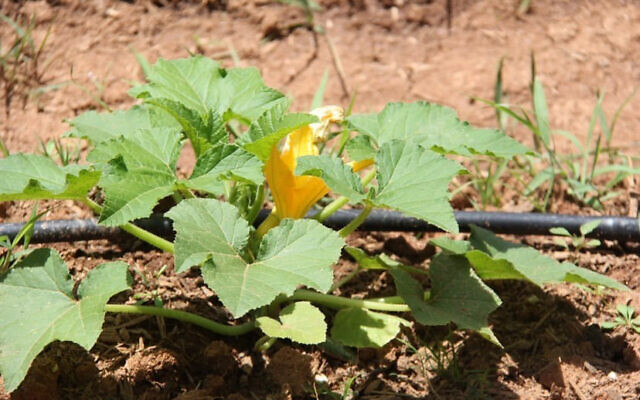
When I visited, she was deep into theologian Abraham Joshua Heschel’s treatise on the meaning of Shabbat. “My relationship with Judaism is intrinsically tied to my farming practices,” she told me, and Heschel’s book “added many new layers of meaning to this relationship. Being in the first year of running my own food growing operation, it has proven to be very hard to ever shut my mind off from the endless task list of farm chores that need to get done, and these constant stressors were spilling over from weekday into Shabbat.”
I had Heschel’s book at home, but I hadn’t opened it in several years. I remembered it as slim but powerful, though I wondered if it would have the same effect on me now as it did back then. I asked Frankel what she had learned, if anything, from the late rabbi’s meditations on the day of rest. Did his insights have any relevance to her experience on the farm?
“While I grew up in a Modern Orthodox home and the observance of the Sabbath was always at the core of our practice, it has looked different for me in the last several years,” she said.
“When I got this opportunity to start Ma Rabu Farm, I knew I wanted to be mindful about the chores I do on Shabbat. Just like humans need rest, so does the land, and so do the animals and the plants. One of my biggest takeaways from reading Heschel’s book was when he said that ‘man is not a beast of burden, and the Sabbath is not for enhancing the efficiency of his work.’ This is a continuous reminder that I do not take off time on Saturday to restore strength to make my farm work better, but rather to rest for the sake of resting, and to restore a spiritual connection that can often seem dormant through the mundane chaos of the work week.”
- Health and Wellness
- Community
- Daniel Elkind
- Shana Frankel
- Ma Rabu Farm
- pandemic
- Lambs
- Tricia Yearwood
- chickens
- sheep
- ducks
- Donkeys
- Emmylou (Harris)
- Joni (Mitchell)
- Yeshiva Atlanta (AJA)
- University of Michigan
- Community-Supported Agriculture (CSA) box
- Edible Plants
- Ma Rabu Apothecary
- Ma Rabu
- Psalm 104
- Maccabeats
- COVID-19 pandemic
- Congregation Beth Tefillah
- Sandy Springs
- Shabbat
- Abraham Joshua Heschel
- Modern Orthodox



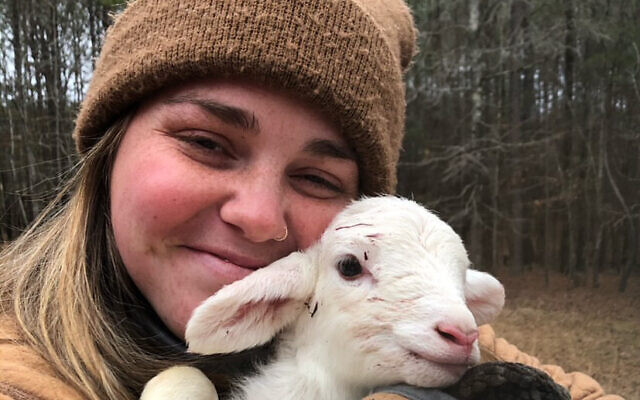
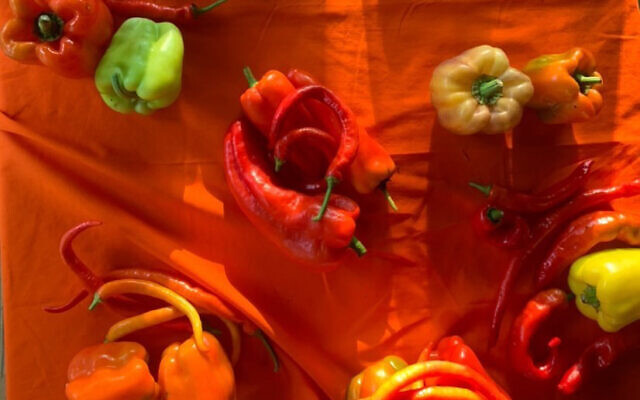
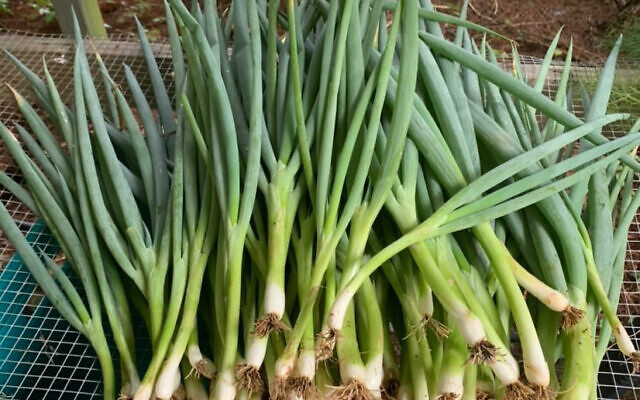
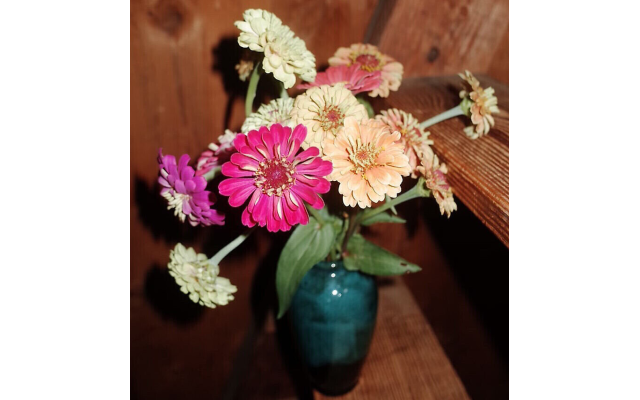
comments